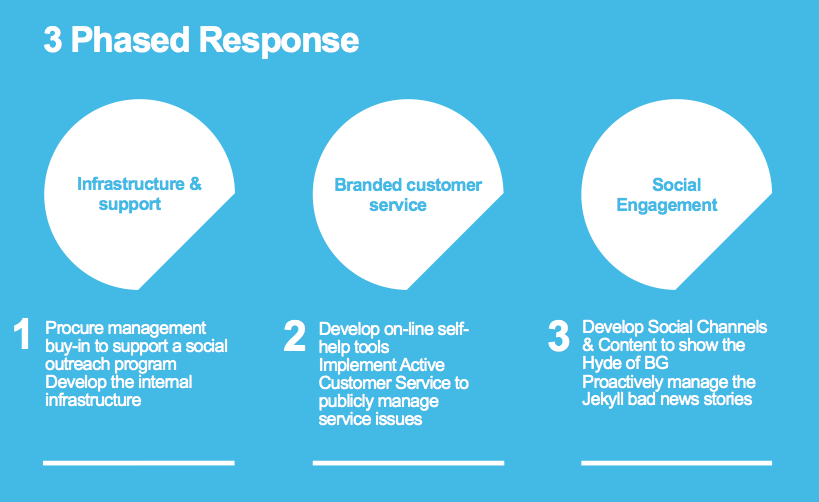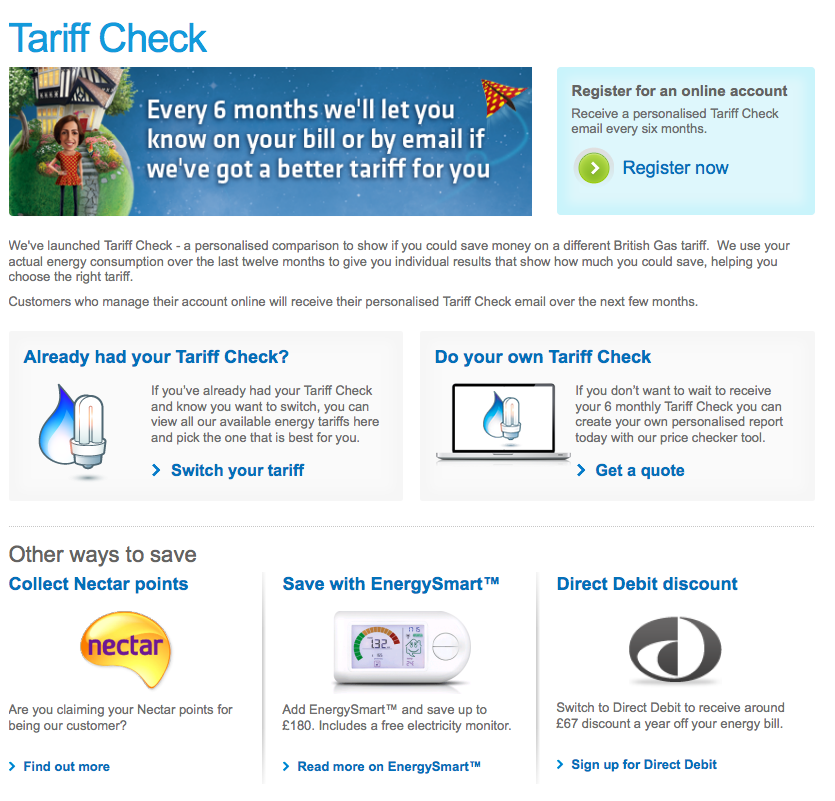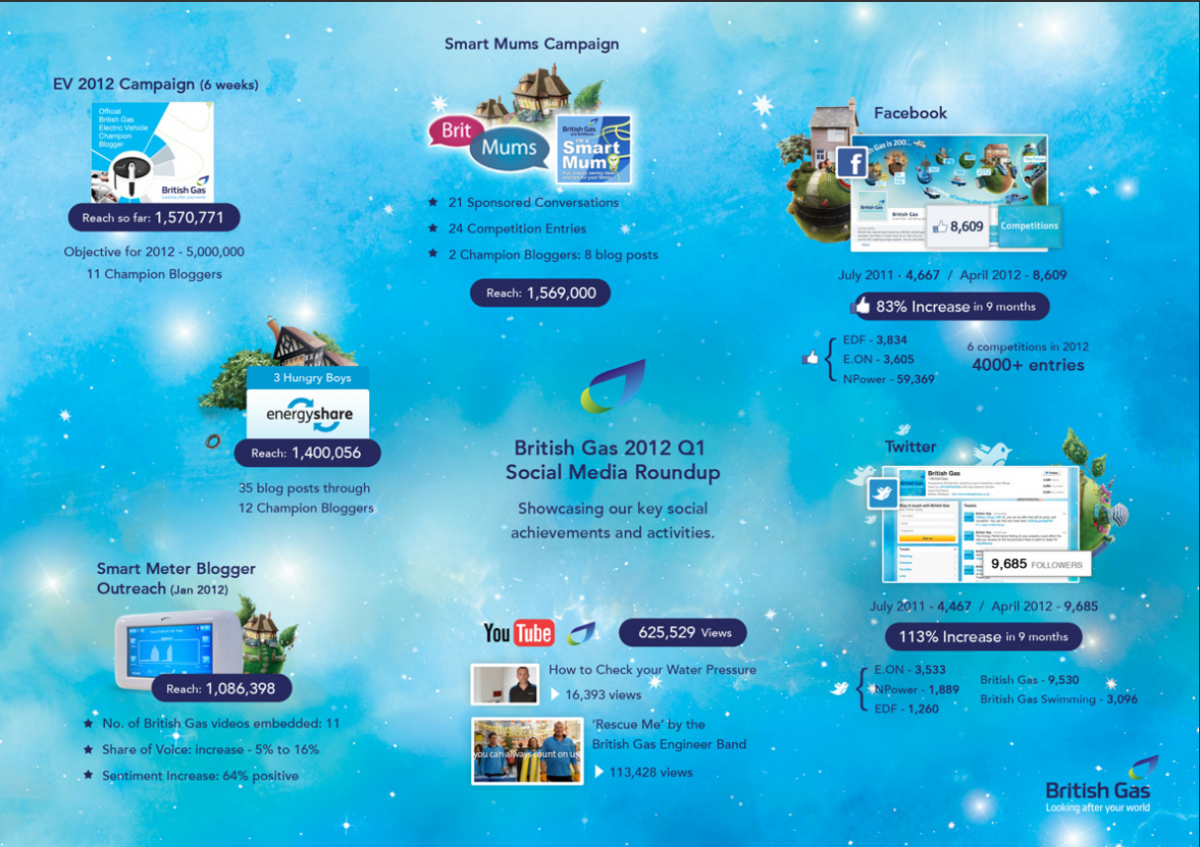By adaptive - March 20th, 2013
With a new impetus to leverage its social media presence, British Gas is showing other corporations how social networks are a vital component of its communications network


An interview with Outside Line

[Q] What do you think are the key trends within the social media space that corporations should be paying attention to now?
[Q] In your view how do the social media networks need to evolve in order to deliver real world commercial gains for the corporations using them?
[Q] Engagement and brand advocacy are currently the key components of a corporations’ social media activity. How will this change as we move into the era of social media 2.0?
[Q] How do you think the social media tools we have at the moment need to expand and adapt to deliver the services and insight that corporations need to deliver the commercial data they are looking for?
[Q] Is social media 2.0 all about the data and what it can tell corporations about their markets, customers and commercial partners?
Next Reads
June 2014, New York
Become a social business: For superior marketing response, sharper corporate decision-making, enhanced innovation and a happier, more loyal customer
Brochure Programme
